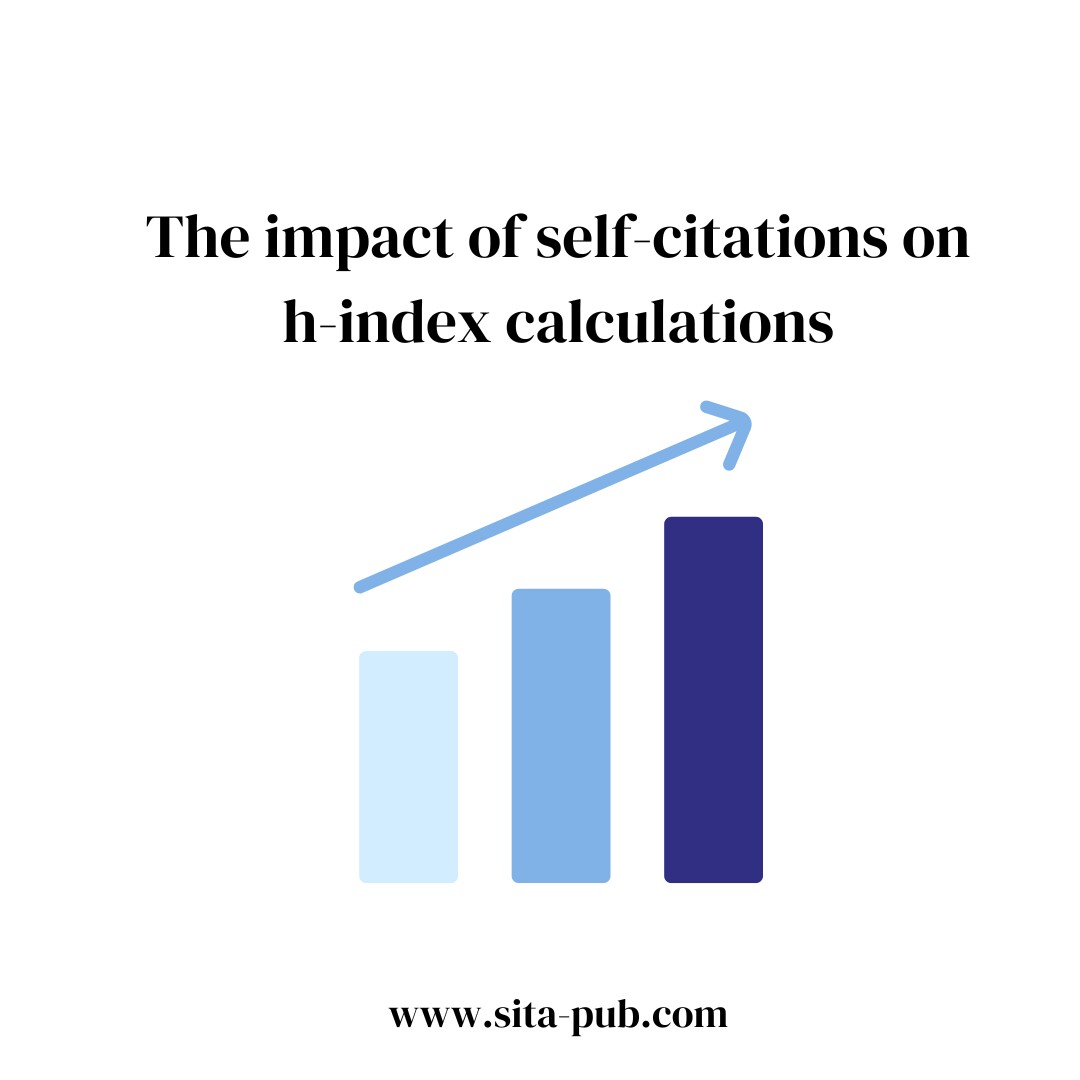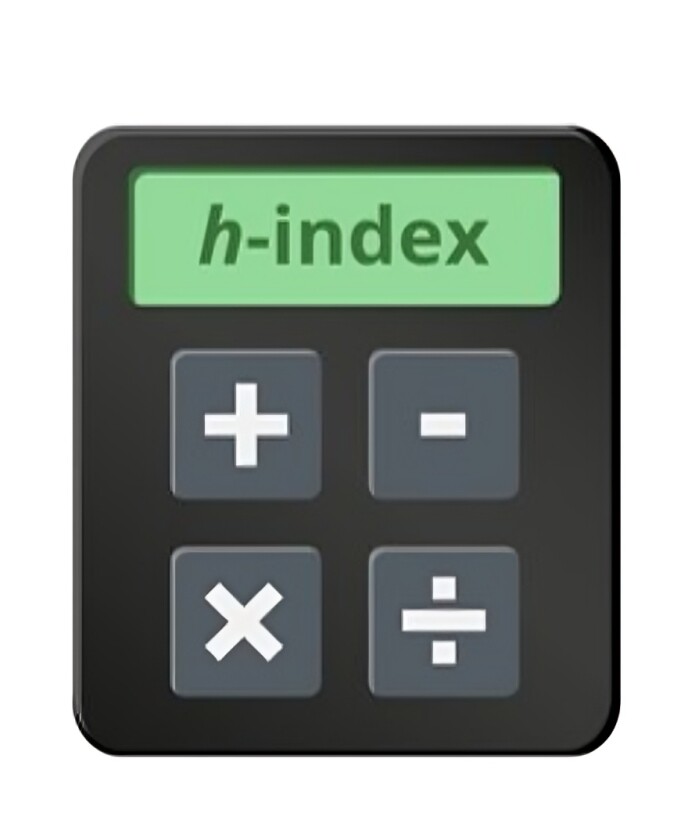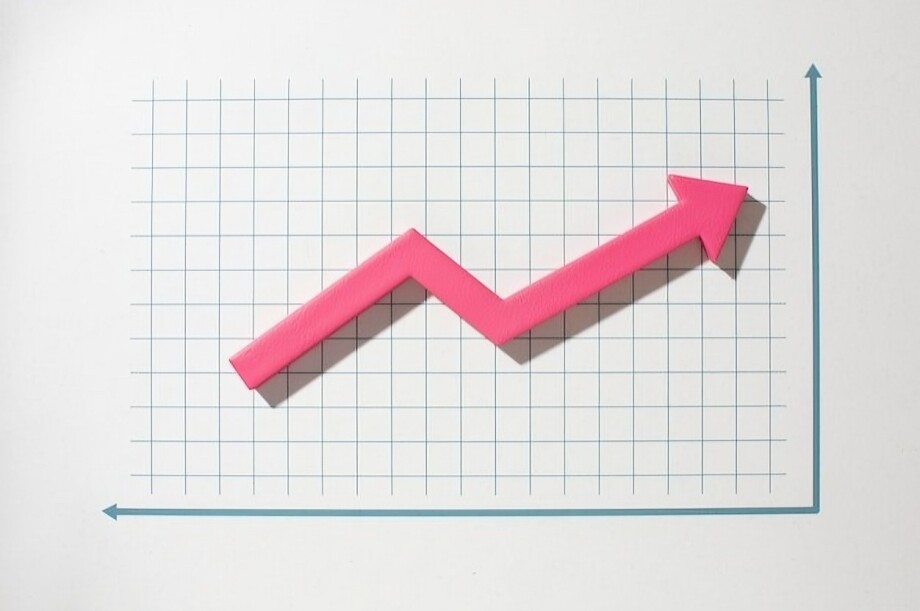The impact of self-citations on h-index calculations



Self-citation occurs when an author references their own previous work in a new publication. For instance, if a researcher writes an article and mentions a study they published earlier, that counts as a self-citation. Researchers often do this to show connections between their new work and their prior studies or to highlight significant findings.
While self-citations can be useful, they may also lead to inflation of metrics like the h-index, making it seem as though a researcher has more impact than they truly do. This can mislead others regarding their actual academic productivity and overall research impact.

The h-index is a metric that measures a researcher’s productivity and the impact of their work. It combines two important factors: the number of papers published and how often those papers are referenced by others.
The h-index is defined as the highest number h such that the author has published h papers, each cited at least h times. For example, an h-index of 10 means the researcher has 10 papers that have each received at least 10 references. This metric effectively balances quantity and quality in assessing scholarly work.
Self-citations can significantly influence h-index calculations. Here are several ways they are related:
One major issue is that self-citations can inflate a researcher’s h-index. When authors frequently reference their own earlier work, it can lead to higher counts for those papers. This can create a misleading impression of their academic productivity.
An inflated h-index due to self-citations can mislead institutions and funding organizations into believing a researcher has a higher impact than they actually do. This can affect job opportunities and research funding decisions.
The effect of self-citations on h-index values can vary across different academic disciplines. In some fields, self-referencing is more accepted, while in others, it may be viewed negatively. Excessive self-referencing can raise concerns in areas where it is less common.
While self-citations can contribute positively to h-index values, over-reliance on them can undermine the credibility of this metric. Researchers should balance self-references with those from peers, which reflect genuine research impact.
Many academic institutions and funding bodies use the h-index for evaluation. An inflated h-index resulting from excessive self-citations can lead to unfair assessments of a researcher’s contributions, affecting funding opportunities and promotions.
To maintain academic integrity, researchers must adhere to ethical practices regarding self-referencing. This includes being honest about how often they reference their own work and focusing on genuine contributions to their field.
Limit Self-Citations: Use self-references sparingly and only when truly relevant to new research.
Encourage Peer References: Building relationships with other researchers can lead to more mentions from peers.
Focus on Quality: Prioritize producing high-quality work that naturally attracts attention.
Be Transparent: Include notes about self-referencing when submitting papers to provide context.
Stay Updated: Keep informed about best practices regarding referencing norms in your field.
Self-citations have a significant impact on h-index calculations. While they can help highlight a researcher’s previous contributions, excessive self-referencing can lead to inflated h-index values that misrepresent true research impact. Researchers should strive for a balance, ensuring their h-index reflects genuine contributions to their field. By following ethical practices, they contribute to a more honest academic environment.

At SITA Academy, our Citation Booster services are designed to help increase your h-index effectively. By enhancing the visibility and impact of your research, we ensure that your work reaches a broader audience, leading to more citations. Join us today to elevate your academic profile and maximize your research impact!
If you have any questions, inquiries, or would like to learn more about our services, please don't hesitate to reach out to us. Our dedicated team is ready to assist you.